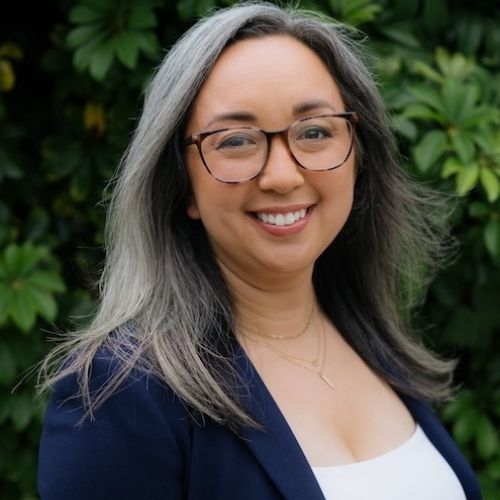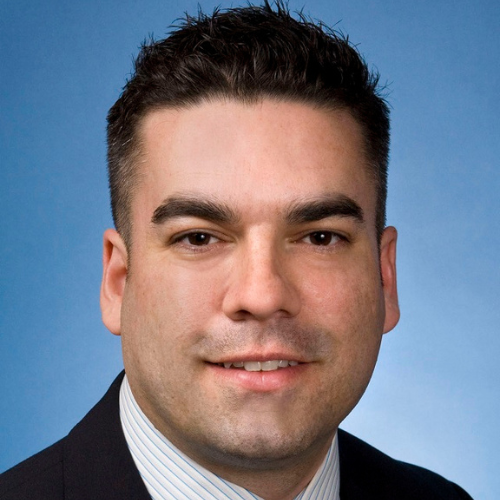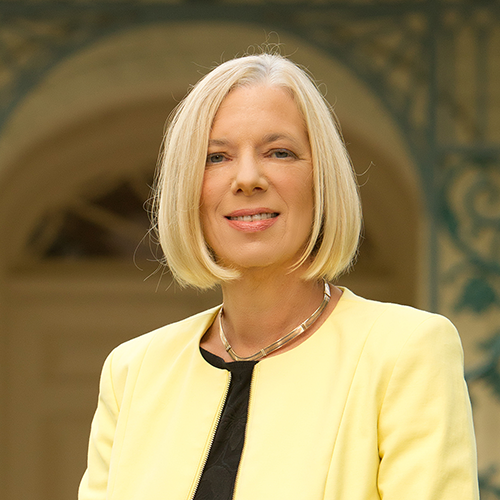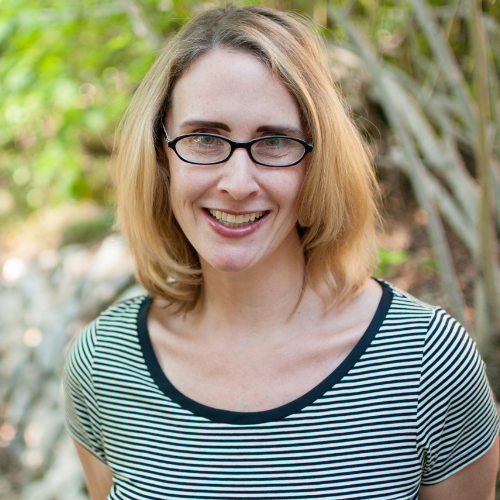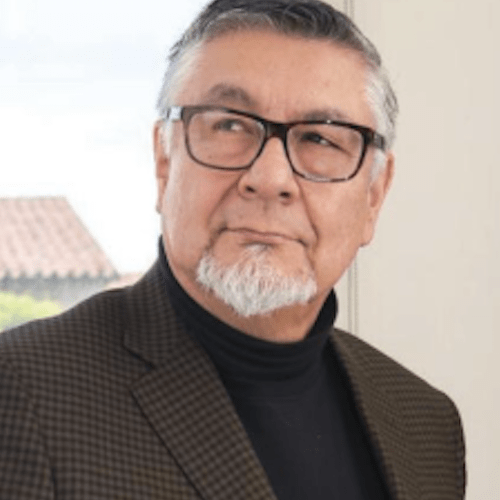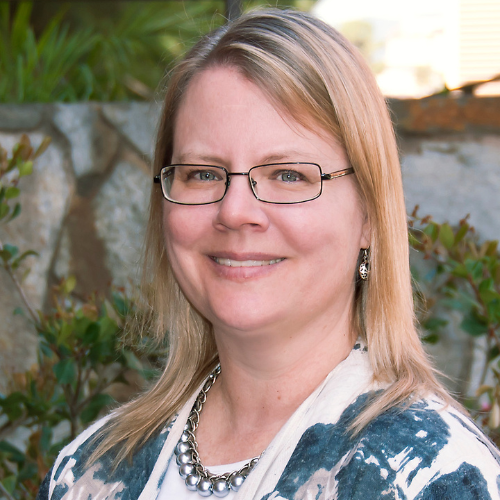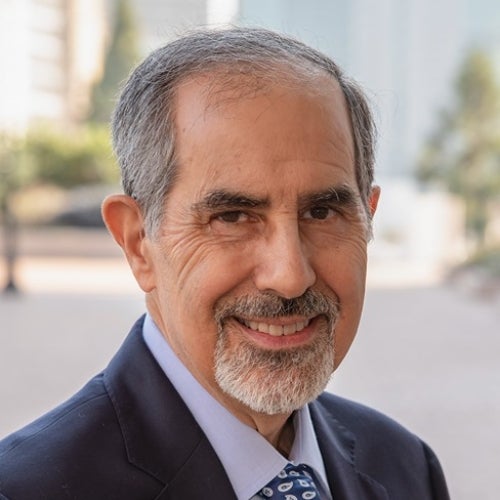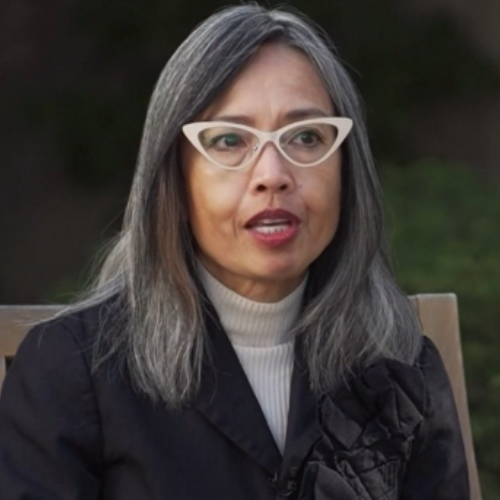UCLA awarded grant from Office of Minority Health to continue groundbreaking work through Native Hawaiian and Pacific Islander Data Policy Lab
The UCLA Fielding School of Public Health’s UCLA Center for Health Policy Research, led by Dr. Ninez Ponce has been awarded a $250,000 grant.
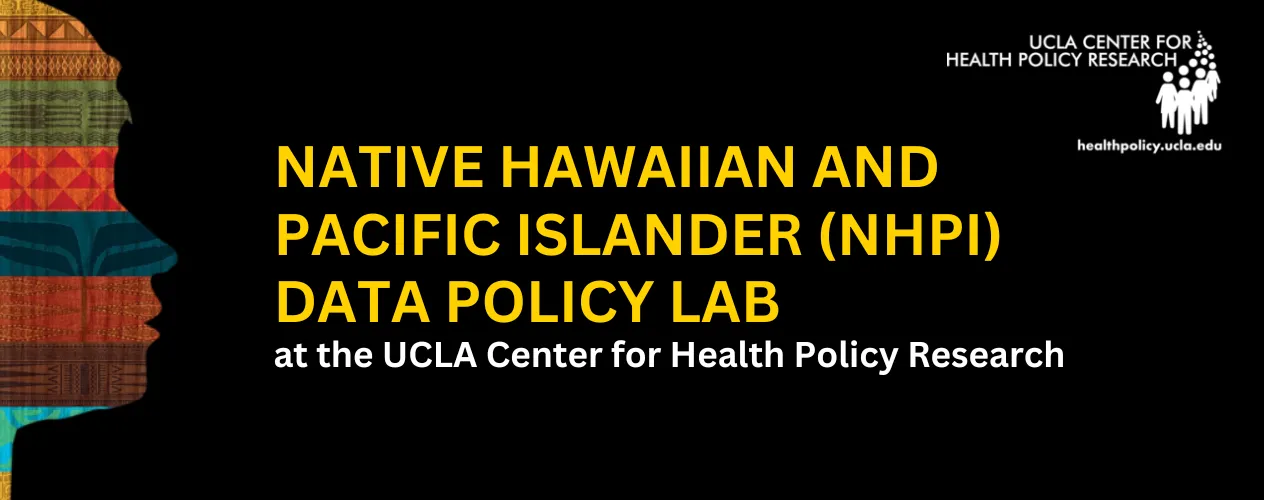
Dr. Ninez Ponce, UCLA Fielding School of Public Health professor of health policy and management, received a one-year $250,000 grant from the U.S. Department of Health and Human Services’ Office of Minority Health to serve as a data intermediary, helping to bridge the gap between community-based organizations and data on social determinants of health. Ponce serves as director of the Fielding School's UCLA Center for Health Policy Research and principal investigator of the center’s California Health Interview Survey,
Under the grant, a team at the center’s Native Hawaiian and Pacific Islander (NHPI) Data Policy Lab will create a tool to break down the community’s barriers to accessing and utilizing disaggregated data, or data which are broken down by racial and ethnic subgroups, to inform advocacy efforts and programs. Historically, data on the NHPI community are “hidden” because it is absorbed into other racial groups when data are reported. The lab was launched in August 2020 and aimed to address striking gaps within COVID-19 data and research for NHPIs, including adding more states to report disaggregated cases. Since its founding, the lab team has expanded its project reach to beyond the pandemic. The new project will help identify and parse disaggregated data specific to the community and provide community-based organizations serving the NHPI community with a user-friendly health data access tool featuring social determinants of health data.
“The grant will enable the NHPI Data Policy Lab team to bring much-needed data to organizations who are providing a breadth of on-the-ground resources and aid — in places where they live, work, go to school, and socialize — to this historically underserved community,” Ponce said.
During the grant period, the lab will survey these community-based organizations across California about their data use and needs, then construct a user-friendly data platform that brings together key data sources on social determinants of health. The project will further create trainings on data access and analysis to ensure the community gains access that was previously reserved for communities that have not faced the past data barriers.
“As a Sāmoan woman in public health, one of the most rewarding aspects of the lab has been working with community organizations, and this grant will help us continue our dedicated efforts to healing the community not only from the pandemic, but other long-standing health issues,” said Karla Thomas, policy director and co-founder of the NHPI Data Policy Lab and UCLA alumna.
by Elaiza Torralba
The UCLA Fielding School of Public Health, founded in 1961, is dedicated to enhancing the public's health by conducting innovative research, training future leaders and health professionals from diverse backgrounds, translating research into policy and practice, and serving our local communities and the communities of the nation and the world. The school has 761 students from 26 nations engaged in carrying out the vision of building healthy futures in greater Los Angeles, California, the nation and the world.
Faculty Referenced by this Article

Professor of Community Health Sciences & Health Policy and Management, and Associate Dean for Research

Dr. Michelle S. Keller is a health services researcher whose research focuses on the use and prescribing of high-risk medications.
Nationally recognized health services researcher and sociomedical scientist with 25+ years' experience in effectiveness and implementation research.

EMPH Academic Program Director with expertise in healthcare marketing, finance, and reproductive health policy, teaching in the EMPH, MPH, MHA program

Dr. Ron Andersen is the Wasserman Professor Emeritus in the UCLA Departments of Health Policy and Management.

